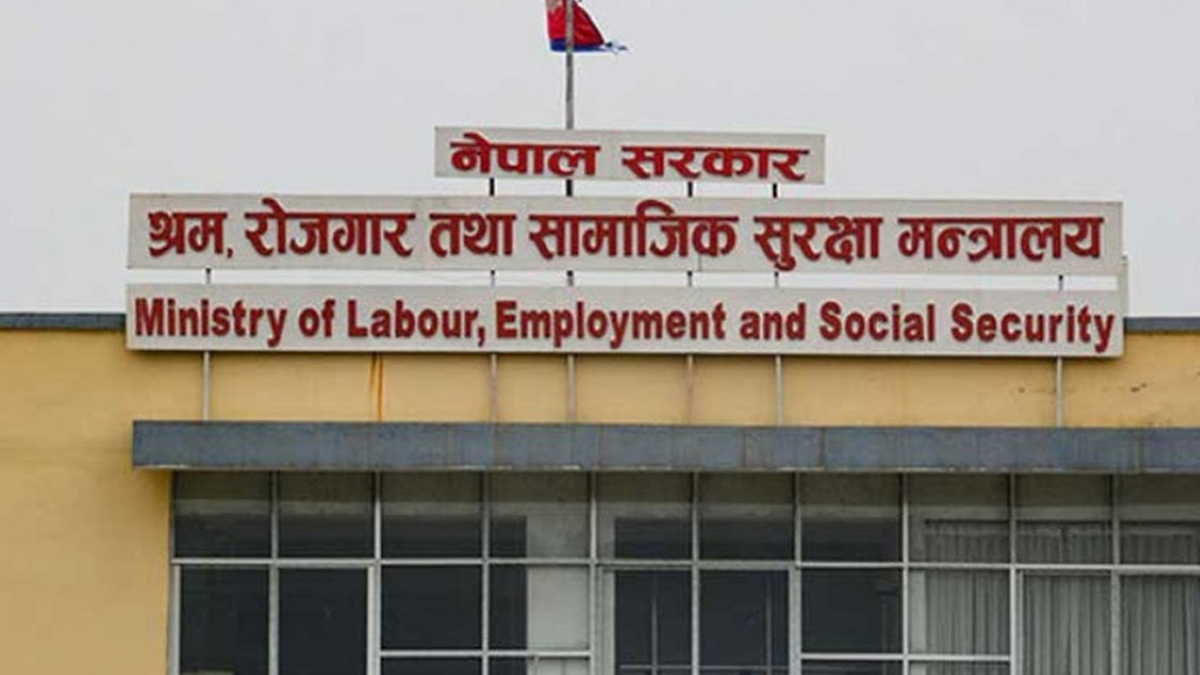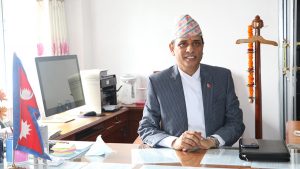
Government’s Decision to Increase Orientation Period and Fees for Foreign Employment Faces Criticism

In a move to regulate and enhance the preparation of youths heading to foreign job destinations, the government has increased the orientation period and fees, drawing criticism from experts who believe these measures may not be effective.
The recent amendments to the Procedures for Conducting Orientation Training, 2019 mandate that youths seeking employment abroad must undergo orientation classes and an online examination. Only those scoring a minimum of 50 marks are deemed eligible for foreign employment.
Under the new provisions, the fee for orientation classes has surged to Rs 2,800 from the previous Rs 700, and the orientation period has been extended by a day to three days.
Despite these changes, experts argue that less than 80% of workers actually participate in the orientation, rendering the new measures potentially ineffective.
Data compiled by the Employment Promotion Board reveals that approximately 80% of workers leave for foreign job destinations without undergoing the two-day orientation. Shockingly, these workers still receive training certificates without attending the training centers.
According to the amended regulations, participants are required to engage in orientation classes for three hours and basic language classes for three hours over three days. The curriculum covers various aspects such as the employer country’s language, culture, employment procedures, safety, police regulations, mental health conditions, climate, legal matters, first aid, and general information like fastening aircraft seatbelts.
Tikaram Dhakal, the spokesperson for the board, defended the changes, stating that youths heading abroad will now take six-hour classes over three days. He mentioned, “We raised the fee after the training-providing institutions complained that they won’t be able to conduct classes by charging a small fee of Rs 700 per person.”
Critics, including foreign employment expert Madhu Bilas Pandit, argue that the government is imposing unnecessary burdens on youths without conducting a proper study. Pandit emphasized, “At a time when youths are not even taking a two-day orientation, the government has extended it to three days. The new provisions will create unnecessary troubles for workers.”
Pandit suggested that government agencies conduct a study to determine how many workers are actually taking orientation classes.
A study by the Department of Foreign Employment revealed that out of approximately 1,700 youths leaving for foreign job destinations daily, only about 200-300 take orientation classes.
Workers have also expressed dissatisfaction, claiming that the orientation classes are not proving effective. They question the necessity of the government’s enforcement of orientation classes and tests.
Government data indicates that out of youths heading for foreign job destinations, 15% are skilled, and 5% are highly skilled. However, recruitment companies dispute these figures, claiming that more than 90% of youths heading abroad for employment are unskilled.
- PM Prachanda and UML Chairman Oli Discuss Political Issues, Budget Session of Parliament
- Massive Fire Ravages Over 65 Houses in Sarlahi’s Baraudhoran Village
- Internet Services in Nepal Face Disruption Over Unpaid Bills
- PM directs newly-appointed VCs to focus on production of competitive human resources













Comments